HOUSTON TX — In 2000, when Bennett Greenspan, President and Founder of Gene-by-Gene Ltd. and FamilyTreeDNA, launched FamilyTreeDNA as the first direct-to-consumer DNA testing company, he never imagined that it would lead to the creation of a booming industry.
An avid genealogist, Greenspan created FamilyTreeDNA to help other family researchers solve problems and break down walls to connect the dots of their family trees. Without realizing it, he had inadvertently created a platform that, nearly two decades later, would help law enforcement agencies solve violent crimes faster than ever.
Gene-by-Gene, Ltd., which is privately owned by Greenspan and his business partner Max Blankfeld and is a CAP and CLIA accredited laboratory that performs all of the consumer DNA testing for their company FamilyTreeDNA as well as several other commercial clients, is working with the FBI to test DNA samples provided by law enforcement in order to help identify perpetrators of violent crimes and to identify the remains of deceased individuals.
After receiving inquiries from the FBI, Greenspan found himself asking whether, as a trusted guardian of consumer DNA data and consumer privacy according to U.S. News and World Reports, FamilyTreeDNA in good conscience and without violating consumers’ trust could help the FBI identify the remains of deceased persons or perpetrators of violent crimes (as defined in 18 U.S. Code § (924) (e) (2) (B)), saving lives and preventing others from becoming victims?
“We came to the conclusion,” says Greenspan, “that if law enforcement created accounts, with the same level of access to the database as the standard FamilyTreeDNA user, they would not be violating user privacy and confidentiality. In order for the FBI to obtain any additional information, they would have to provide a valid court-order such as a subpoena or search warrant.”
Working with law enforcement to process DNA samples from the scene of a violent crime or identifying an unknown victim does not change our policy never to sell or barter our customers’ private information with a third party. Our policy remains fully intact and in force.”
As specified in FamilyTreeDNA’s Terms of Service – law enforcement can only receive information not already accessible to the standard user by providing FamilyTreeDNA with valid legal process, such as a subpoena or a search warrant.
In order to, at their request, assist law enforcement, the Gene-by-Gene laboratory will generate SNP data profiles from samples submitted by law enforcement, which can then be uploaded to all public DNA databases, one of which belongs to FamilyTreeDNA, by law enforcement officials in their effort to build the suspect’s or deceased individual’s family tree. In the case of FamilyTreeDNA, without a valid court order, law enforcement will only be able to see information that is available to the standard FamilyTreeDNA user.
Additionally, as part of FamilyTreeDNA’s continued commitment to ensuring their customers’ privacy, customers have the ability to opt out of the matching feature in their account settings. By opting out of matching, a user cannot see their DNA matches nor can they be seen as a match by anyone else, including law enforcement.
According to Greenspan, “If we can help prevent violent crimes and save lives or bring closure to families, then we’re going to do that. We’re going to do it within a framework that continues to ensure that the privacy of our customers, which has been paramount to us since day one and remains so today, is protected to the greatest degree possible.”
About FamilyTreeDNA and Gene-By-Gene
Founded in 2000, FamilyTreeDNA is the pioneer of the genetic genealogy and direct-to-consumer DNA testing industry and the top choice for consumer privacy, according to U.S. News and World Reports. FamilyTreeDNA is a privately held company located in Houston, Texas. www.familytreedna.com. Gene-by-Gene is a CAP and CLIA accredited laboratory located in Houston, Texas which processes genetic tests for commercial customers, along with consumer DNA tests for its FamilyTreeDNA division.
